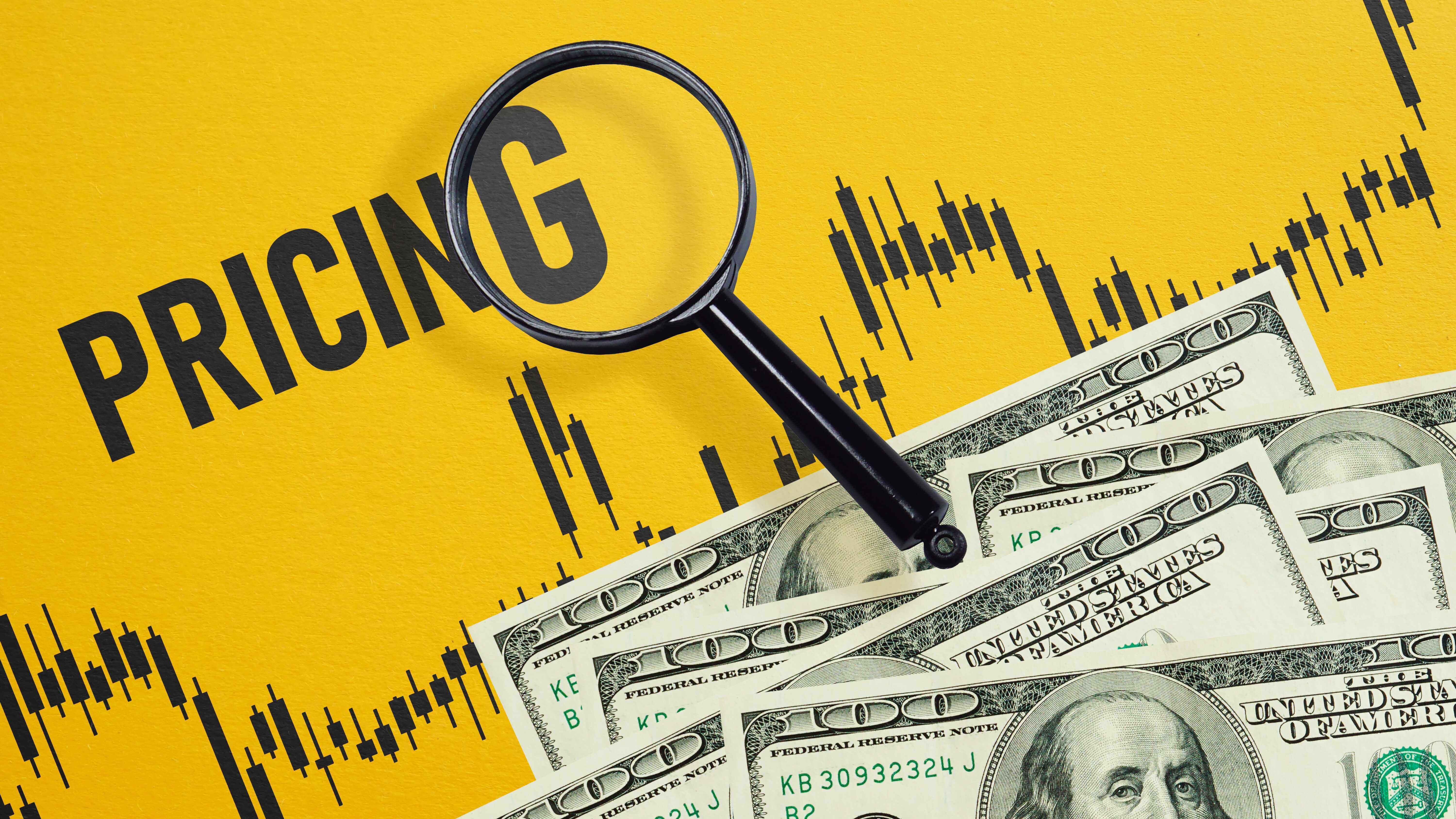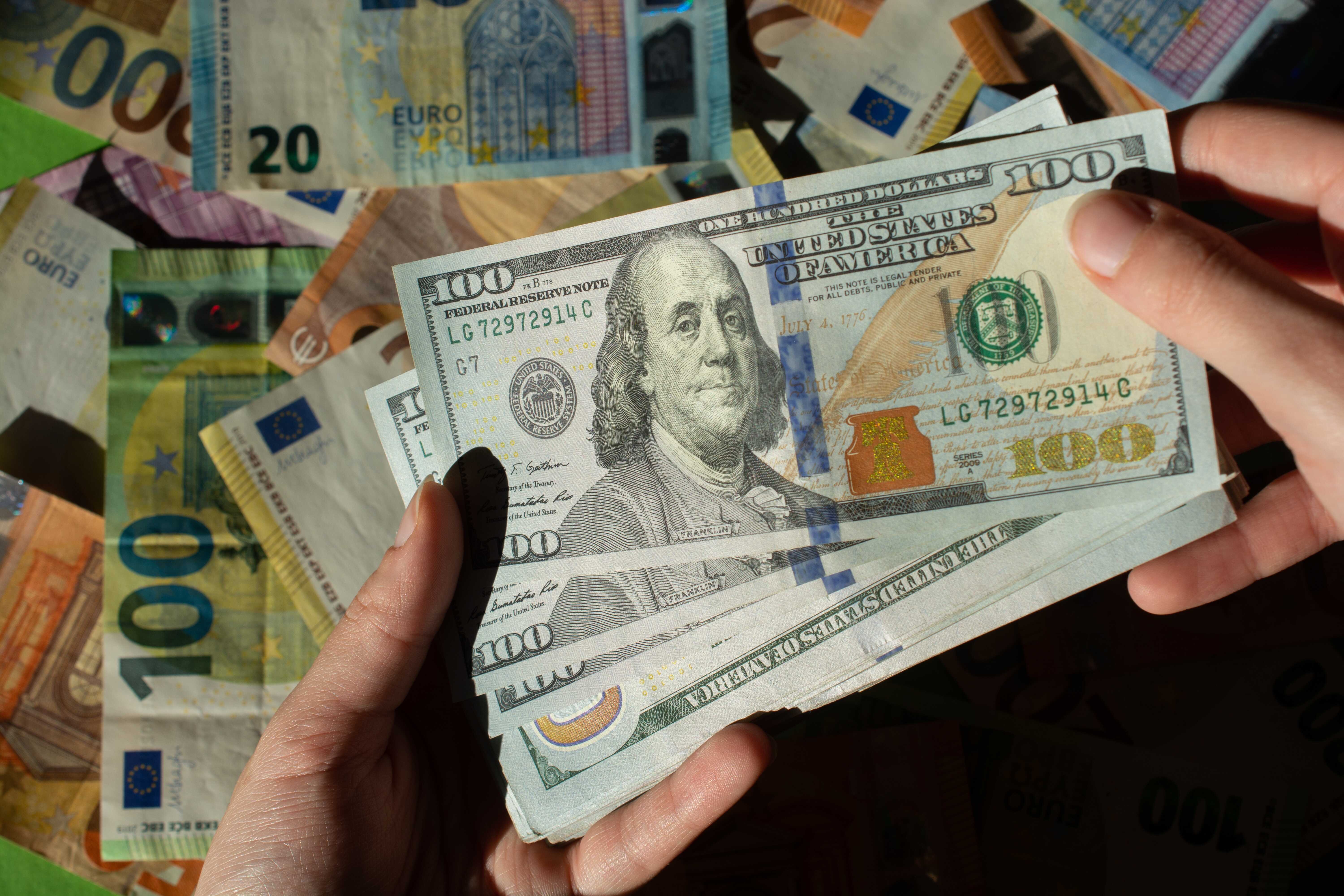Is The Trade Desk Stock A Buy Before 2025?

This has been a tremendous year for The Trade Desk (NASDAQ: TTD) as the stock returned 77% year to date, continuing its market-beating performance since 2023.
But for those who have missed the ride over the last two years, is now a good time to buy the tech company's stock?
Where to invest $1,000 right now? Our analyst team just revealed what they believe are the 10 best stocks to buy right now. See the 10 stocks »
Image source: Getty Images.
The Trade Desk has been firing on all cylinders
The Trade Desk has been one of the few companies that could consistently deliver outsize growth for nearly a decade. It has been growing at a high double-digit rate every year since 2015, increasing its revenue from $114 million to $1.9 billion by 2023. It has also been profitable since 2013.
The tech company's solid financial performance resulted from the immense value it brings to its customers. Its proprietary data-powered platform helps advertisers get the best results from their advertising budgets by placing ads across a wide range of channels, including connected TV, online video, mobile, audio, and display.
Advertisers also can also rely on other tools -- such as monitoring and automation -- to help them plan and execute their marketing campaigns, all without leaving The Trade Desk's platform. Better effectiveness, efficiency, and lower cost make The Trade Desk an essential alternative to tech giants like Alphabet and Meta Platforms.
Unsurprisingly, the adtech company had little problem sustaining its solid financial performance in 2024, growing revenue at 27% in the first nine months of 2024 to $1.7 billion. Likewise, net income more than doubled from $82 million to $211 million during that period.
It's not stopping any time soon
After years of rapid growth, The Trade Desk has become a giant and is on its way to delivering more than $2 billion in revenue in 2024. Still, the company just touched the tip of the iceberg in terms of market opportunity.
For instance, it enabled less than 2% of global ad spending -- estimated at $830 billion -- in 2023. It could grow to five times its size and still own less than 10% of the market opportunity. Moreover, it is riding on a few tailwinds that could keep its growth machine going for years, if not decades.
First, advertisers are increasingly aware of the immense benefits of programmatic advertising, including transparency, accountability, and cost-effectiveness, so the switch from traditional advertising is a trend that will expand over time. With its years of experience and the massive proprietary data it has accumulated, The Trade Desk has become a partner of choice for existing and new advertisers.
Next, the ongoing switch to connected TV is another huge trend that will power growth for the tech company. In particular, while many users are willing to pay monthly subscription fees to Netflix or Walt Disney for premium content, most consumers still prefer to go with ad-supported content. This tailwind will keep The Trade Desk's connected TV segment busy for the foreseeable future.
Moreover, the increased use of artificial intelligence (AI) in its Kokai platform and across the company is set to open up new opportunities for The Trade Desk, some of which may not exist today. For instance, the tech company can leverage its data and the latest AI technology to enhance the decision-making tools to help advertisers become even more successful.
In short, The Trade Desk has immense prospects.
Here's the potential deal breaker
I have one major issue with the stock: its excessive valuation. As of this writing, The Trade Desk has a price-to-earnings (P/E) ratio of 217 times. Comparatively, Alphabet's P/E ratio is 26 times.
On the one hand, buying stock in a solid growth company like The Trade Desk at a low valuation is extremely difficult. For instance, the stock routinely traded at a P/E above 100 over the last three years. While value investors have almost always avoided the stock over this period, the high valuation didn't stop the stock price from advancing.
However, the downside is that almost nothing can prevent the stock price from going downward if the company fails to execute -- even for one to two quarters.
What it means for investors
The Trade Desk has plenty of criteria that appeal to investors, such as a profitable business model and a long growth runway.
However, investors must be willing to pay up for the stock, giving them little margin of error.
On balance, except for a few risk-takers, conservative investors may be better off not risking their hard-earned capital on the stock. At least, not at this kind of valuation.
Don’t miss this second chance at a potentially lucrative opportunity
Ever feel like you missed the boat in buying the most successful stocks? Then you’ll want to hear this.
On rare occasions, our expert team of analysts issues a “Double Down” stock recommendation for companies that they think are about to pop. If you’re worried you’ve already missed your chance to invest, now is the best time to buy before it’s too late. And the numbers speak for themselves:
- Nvidia: if you invested $1,000 when we doubled down in 2009, you’d have $334,266!*
- Apple: if you invested $1,000 when we doubled down in 2008, you’d have $46,976!*
- Netflix: if you invested $1,000 when we doubled down in 2004, you’d have $479,727!*
Right now, we’re issuing “Double Down” alerts for three incredible companies, and there may not be another chance like this anytime soon.
*Stock Advisor returns as of December 16, 2024
Suzanne Frey, an executive at Alphabet, is a member of The Motley Fool’s board of directors. Randi Zuckerberg, a former director of market development and spokeswoman for Facebook and sister to Meta Platforms CEO Mark Zuckerberg, is a member of The Motley Fool's board of directors. Lawrence Nga has no position in any of the stocks mentioned. The Motley Fool has positions in and recommends Alphabet, Meta Platforms, Netflix, The Trade Desk, and Walt Disney. The Motley Fool has a disclosure policy.


